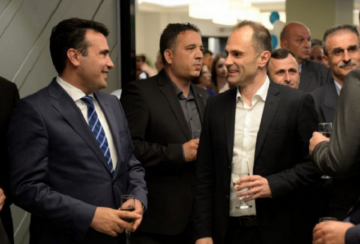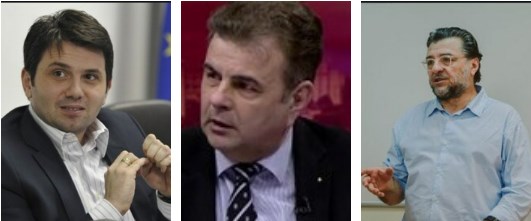The refusal of Healthcare Minister Venko Filipce to offer his resignation following the devastating fire in an improvised hospital that killed 14 people, is in contrast with decisions by other ministers in a similar position.
In 1993, then Transportation Minister Antoni Pesev resigned after the crash of two passenger planes in a spate of eight months killing over 200 people. The resignation was accepted by then Prime Minister Branko Crvenkovski. Two years later, Interior Minister Ljubomir Frckoski resigned after the assassination attempt on President Kiro Gligorov. Gligorov survived despite the serious head injuries, while two of his detail and one passenger were killed. Frckoski was re-assigned as Foreign Minister.
And in 2009, when a passenger boat sank on lake Ohrid killing 15 tourists from Bulgaria, Transportation Minister Mile Janakieski offered his resignation to Prime Minister Nikola Gruevski. Gruevski refused the offer.

It was widely expected that Filipce will at least offer his resignation to Zoran Zaev, after overseeing the process of building 19 improvised, container hospitals to treat Covid patients – the contract for which was awarded to a company owned by one of Zaev’s former Deputy Prime Minister Koco Angjusev. This over cronyism, coupled with the exceptionally high infection and death rate in Macedonia and a number of previous corruption scandals bear heavily on Filipce. Not to mention the standards demanded by Zaev in his opposition days, during the Colored Revolution, when unruly groups of his protesters would follow then Healthcare Minister Nikola Todorov screaming “murderer” at him over the death of a girl with serious illness whose request to be treated abroad was not approved in time. Now Zaev has avoided the public for a second day since the horrific fire, while Filipce held a press conference yesterday in which he said that he may resign in the future, but pending the outcome of an investigation.





Comments are closed for this post.